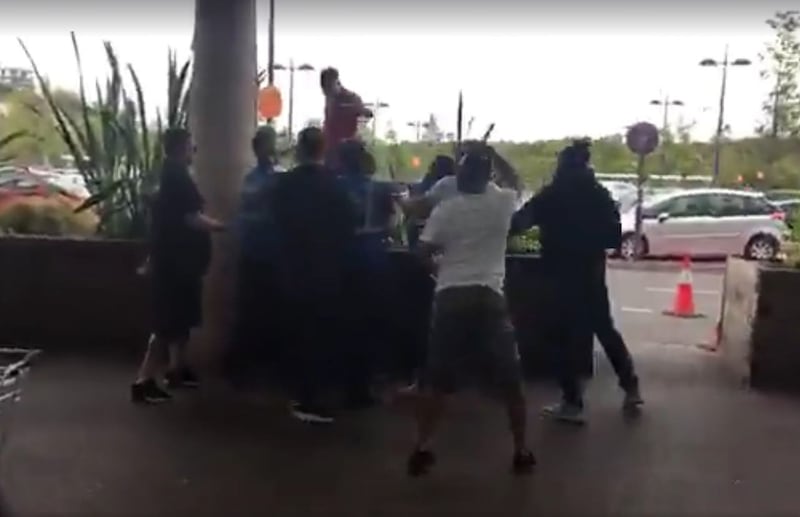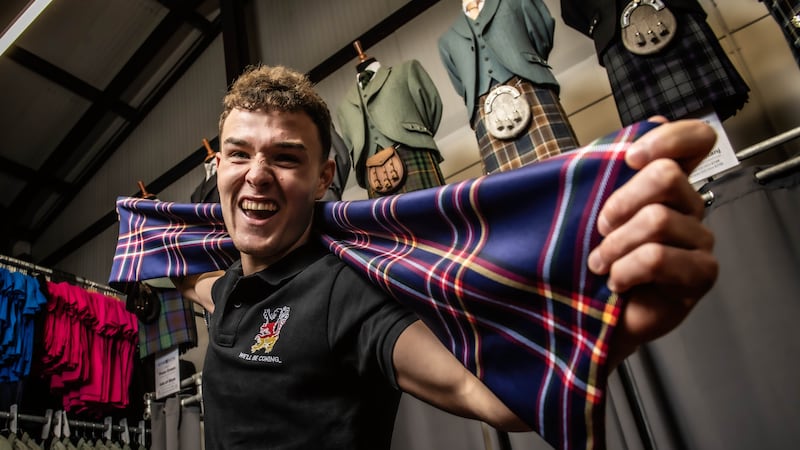Family lives are being obliterated in the name of “Facebook likes”, a police chief who leads the country’s response to child sexual abuse said in a blistering attack on so-called paedophile hunters.
Simon Bailey emphatically ruled out working with vigilante groups, saying they take “completely unnecessary risks” and can slow down police investigators.
Evidence from paedophile hunters is increasingly being used to prosecute offenders, but police are divided on the issue, and some fear the groups’ tactics could impede their own work.

It marks a shift from comments reported by the BBC in September 2017 when Mr Bailey was quoted as saying that working with vigilantes was something to potentially consider.
Mr Bailey, chief constable of Norfolk Police, told the Press Association: “I can’t deny they’ve led to convictions, but they’ve also led to people being blackmailed, people being subject of GBH (grievous bodily harm), the wrong people being accused, people committing suicide as a result of interventions, family lives being completely destroyed, in the name of what? Facebook likes.”
David Baker, who was confronted by the group Southampton Trap after allegedly arranging to meet a 14-year-old child in a supermarket car park, took his own life a few days later.
The 43-year-old gardener from Hampshire was arrested by police, questioned and released under investigation in October 2017.
The coroner at his inquest ruled that social media posts by the vigilante group were a “causative factor” in his suicide.
Online groups’ activities have split opinion in policing circles, with some chiefs warning of “significant risks” that arise from paedophile hunters’ tactics.
These can include posing as children online to lure in suspects and set up real-world encounters in order to expose them.
Some police fear that the groups’ actions could interfere with surveillance operations, while the evidence they gather may not be of a high enough standard to use for prosecution.
Former police chief Jim Gamble told the Independent Inquiry into Child Sexual Abuse in early 2018 that masquerading as a child online should become a criminal offence to deter vigilante stings.
But Paddy Tipping, the police and crime commissioner for Nottinghamshire, told a police and crime panel in April last year that police in his area should try to form “better relationships” with vigilante groups.
Figures obtained by the BBC showed that evidence from paedophile hunters was used to charge suspects on at least 150 occasions in 2017.
Mr Bailey said a colleague had described to him how one referral from a group can take a working day to investigate, time that could have been spent identifying half a dozen offenders.
He added: “So many of these groups’ drivers are about seeking infamy through the number of hits they get, the number of likes they get, the number of people that view their live streams.
“My mission is to safeguard children. There’s a world of difference.”
The chief constable said there has never been so much commentary and awareness around child abuse, but urged vigilantes to leave it “to the experts”.
He warned: “Never before have the chances of being caught been so high.
“And for people that are doing it, they will be going to bed every night, I hope, fearing the knock on the door in the morning.”








